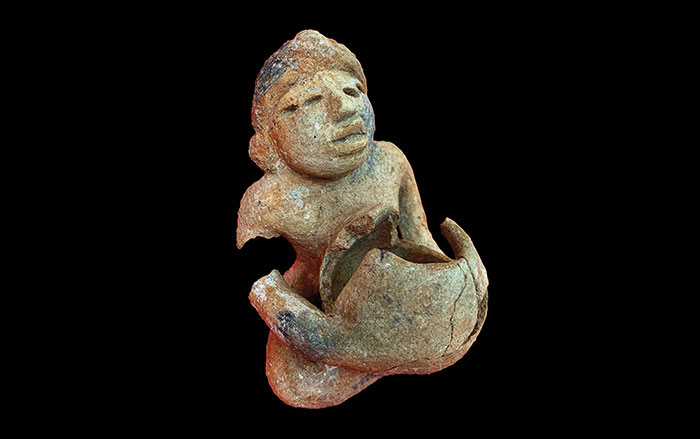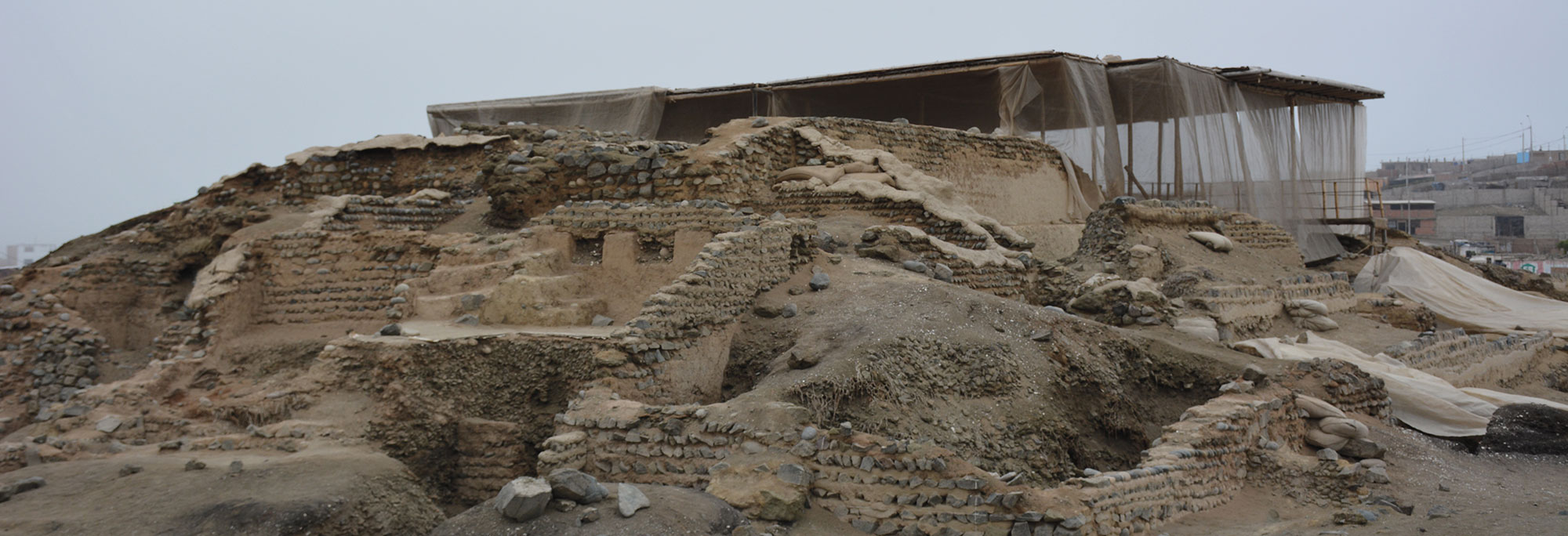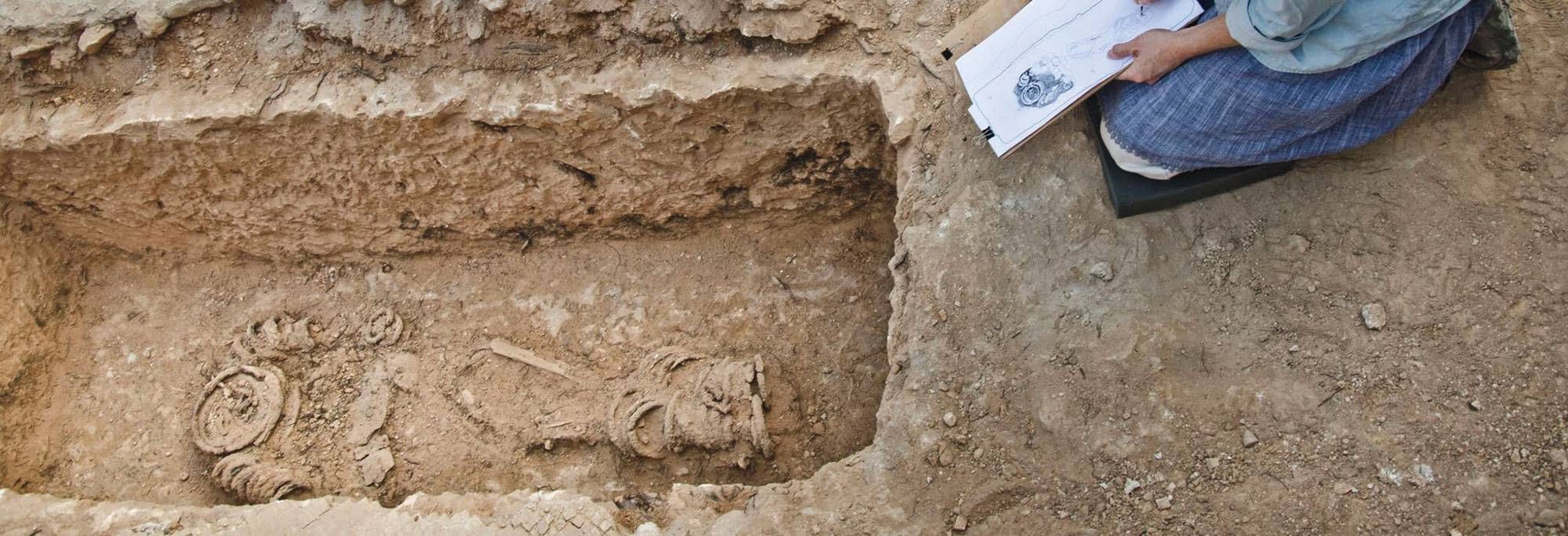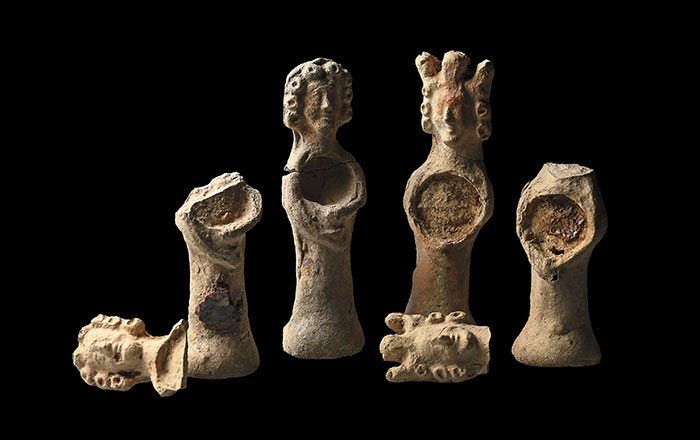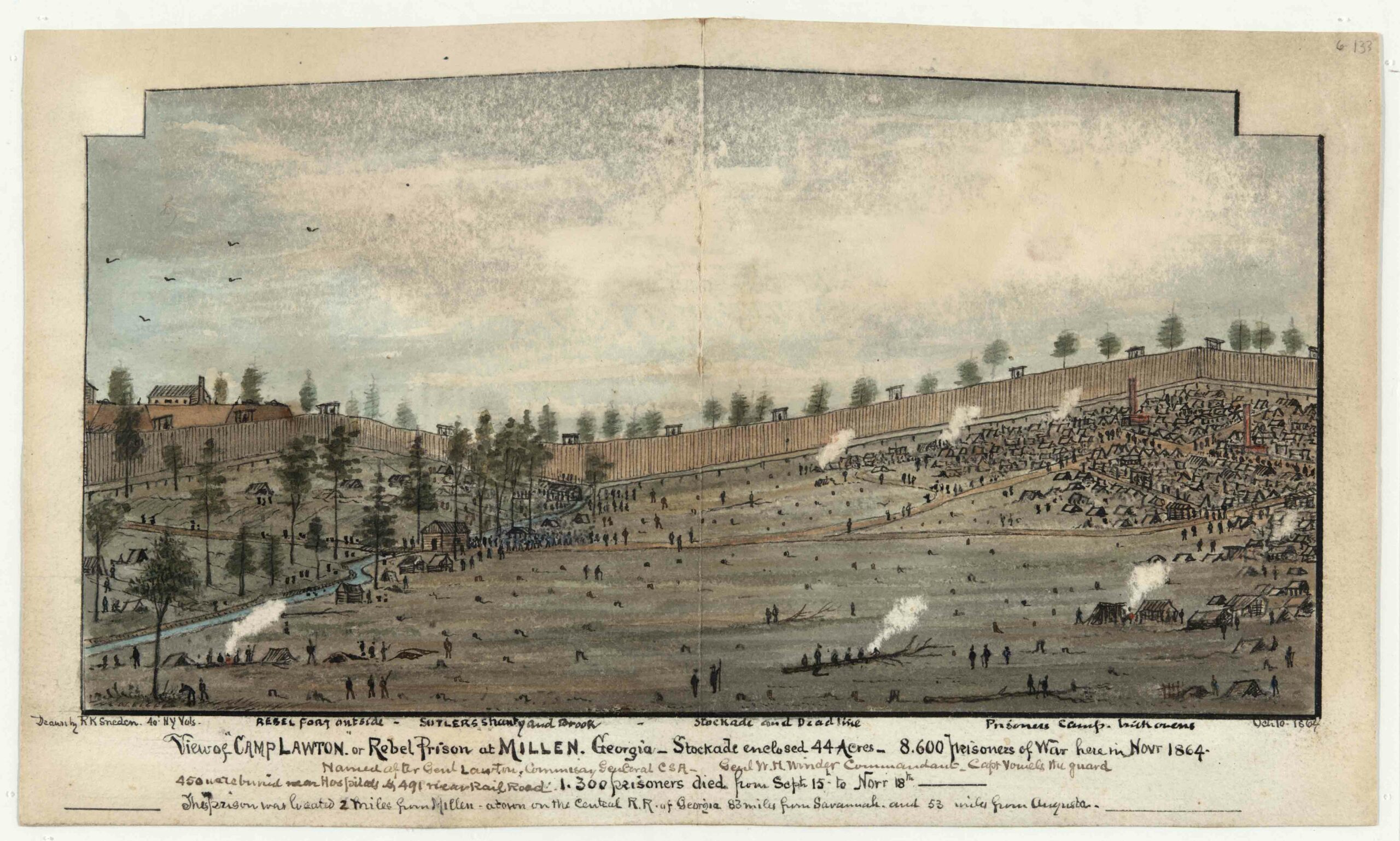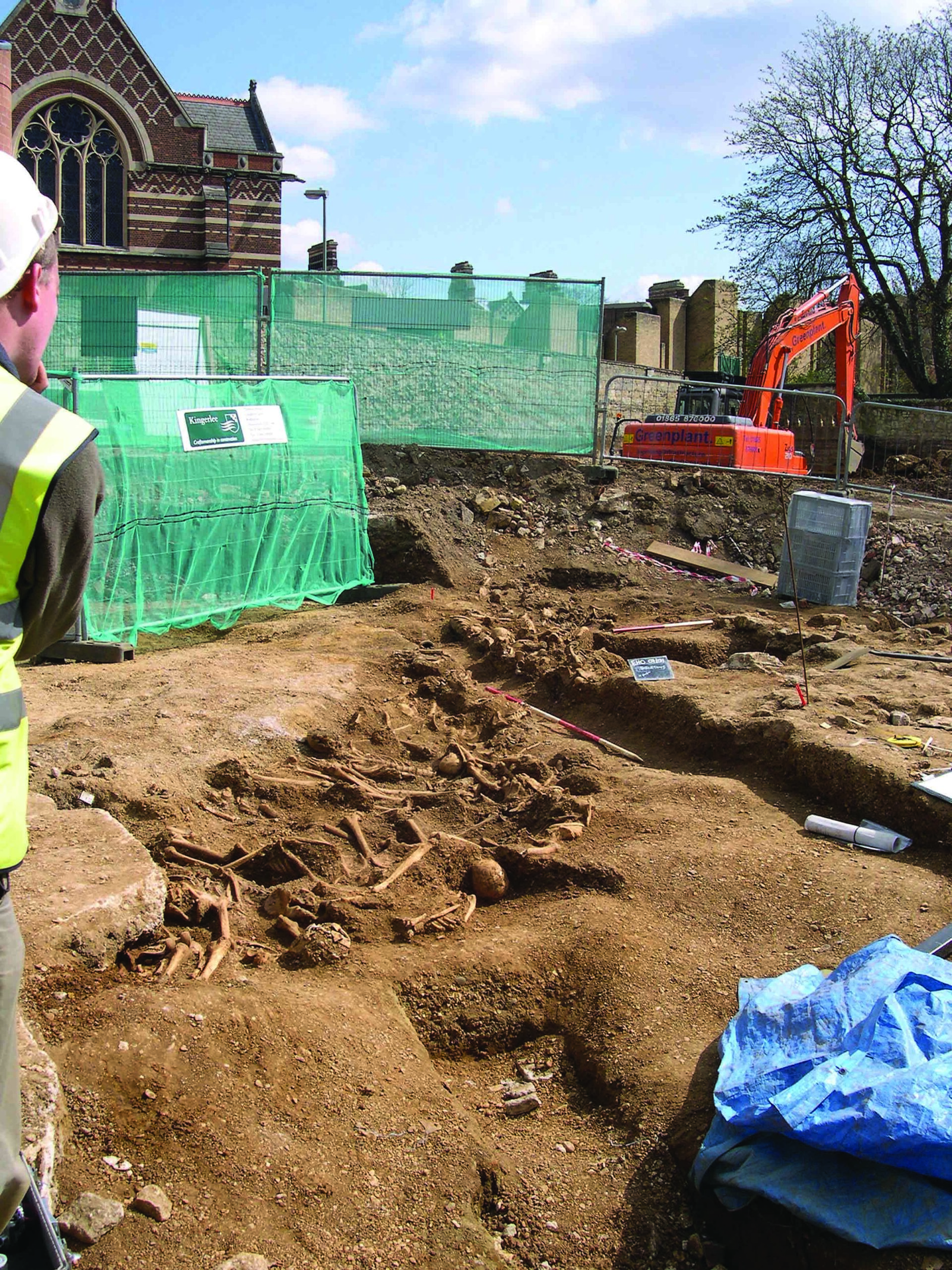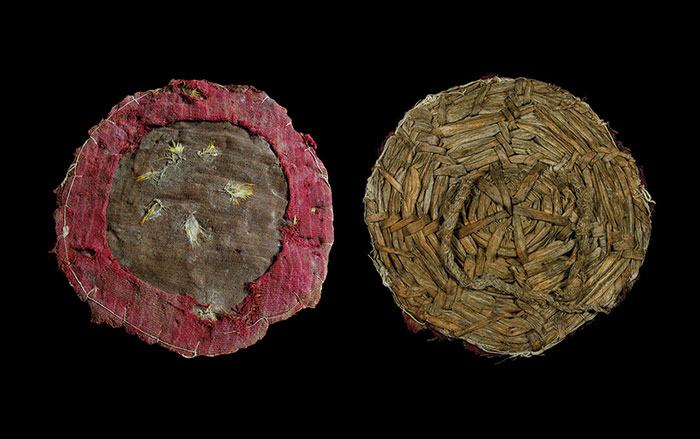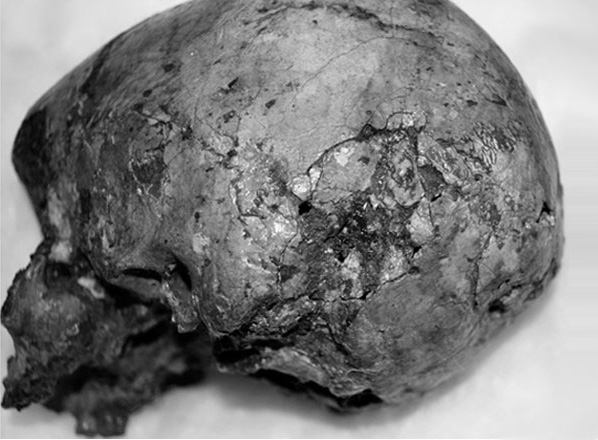
BOONE, NORTH CAROLINA—Archaeologists are in agreement that the Indus Civilization, which flourished in present-day Pakistan and northwest India from the 4th to the 2nd millennium B.C., met its demise due to a change in climate. Now Appalachian State University anthropologist Gwen Robbins Schug adds to that narrative, showing that a weakened monsoon season led to both disease and social instability in the region. An inspection of 160 burials found at the site of Harappa, which collapsed beginning in 1900 B.C., turned up evidence of trauma-related bone growth, sinus infections, and telltale signs of tuberculosis and leprosy, as well as indications of systematic violence between the city's citizens. Women and children, in particular, who were struck by scarring diseases were most likely to have been the victims of assaults. The destabilization caused by the environmental changes appears to have led to violent displays of power directed at the lower classes.


